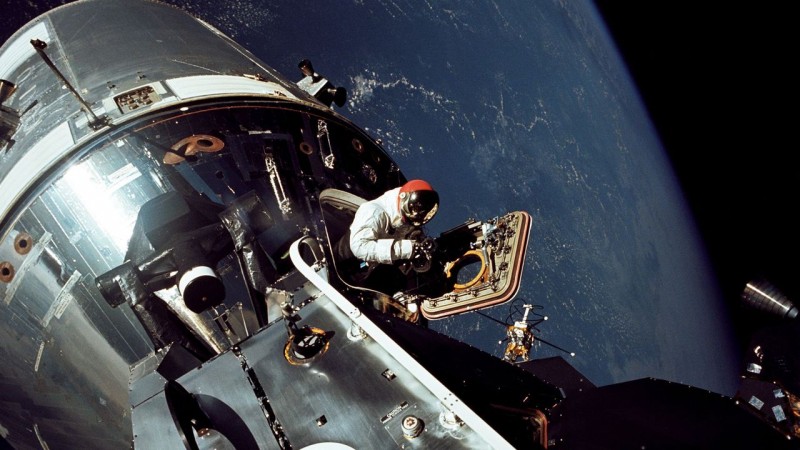
The Apollo missions, an unparalleled achievement in human history, not only marked mankind's triumphant steps on the moon but also catalyzed an array of technological advancements that continue to shape our lives today. The journey to the moon required innovation, determination, and cutting-edge technology that pushed the boundaries of what was previously thought possible. This article delves into the far-reaching impact of the technology developed for the Apollo missions, exploring how it has shaped various aspects of our modern world. The Apollo missions, spearheaded by NASA between 1961 and 1972, were a testament to human ingenuity and the determination to achieve the seemingly impossible. However, the legacy of these missions extends far beyond their historic lunar landings.
One of the most profound impacts of the Apollo missions was the advancement of computing technology. The need for complex calculations led to the development of miniaturized integrated circuits, setting the stage for modern computing and the digital age.
The Apollo program necessitated the creation of lightweight yet durable materials capable of withstanding the harsh conditions of space. These materials, such as advanced composites and heat-resistant alloys, found their way into everyday products, revolutionizing industries like aviation and transportation.
To maintain communication with astronauts on the moon, NASA developed cutting-edge communication satellites and signal-processing techniques. This laid the groundwork for modern telecommunications, including satellite television, global positioning systems (GPS), and internet communication.
The technology developed for the Apollo missions allowed for unprecedented observations of both Earth and space. This capability birthed remote sensing, enabling us to monitor natural disasters, climate changes, and agricultural patterns from space.
The medical challenges posed by space travel led to the development of portable medical devices and telemedicine. These technologies have revolutionized healthcare, enabling remote patient monitoring and enhancing medical diagnostics.
Apollo missions provided scientists with invaluable lunar samples, shedding light on the moon's formation and, by extension, the origins of Earth and other celestial bodies.
The Apollo missions ignited a passion for space exploration, inspiring countless individuals to pursue careers in science, technology, engineering, and mathematics (STEM). This inspiration continues to drive space exploration efforts worldwide.
Modern space exploration owes much to Apollo technology. From the International Space Station (ISS) to Mars rovers, the foundational technologies developed for the Apollo missions remain integral to contemporary space endeavors.
The microchips and integrated circuits born out of the Apollo era form the basis of modern electronics, powering everything from smartphones and laptops to household appliances.
The lightweight cordless tools used by astronauts in space have translated into the cordless power tools that populate workshops and households today.
The water purification systems used in spacecraft have been adapted for terrestrial use, providing access to clean drinking water in remote and disaster-stricken areas.
The technological innovations of the Apollo missions sparked economic growth and job creation. Industries ranging from aerospace to consumer electronics flourished, driving innovation and prosperity.
The collaborative nature of the Apollo program fostered international cooperation and diplomacy, setting a precedent for global collaboration in future scientific endeavors.
The development of solar panels for space missions led to advancements in solar energy technology, contributing to the growth of sustainable energy sources.
Satellite-based monitoring technology, pioneered during Apollo missions, plays a pivotal role in tracking environmental changes, natural disasters, and climate patterns. The technology developed for the Apollo missions undeniably left an indelible mark on the world. From revolutionizing computing and materials science to inspiring generations of innovators and facilitating global collaboration, the legacy of Apollo continues to shape our present and future.
Tesla Cybertruck's Cabin Illuminated: A Glimpse into the Future
Unveiling the Future: Inside the Kia EV9's Revolutionary Features
A Landmark Achievement: India's Stellar Odyssey in Lunar Exploration